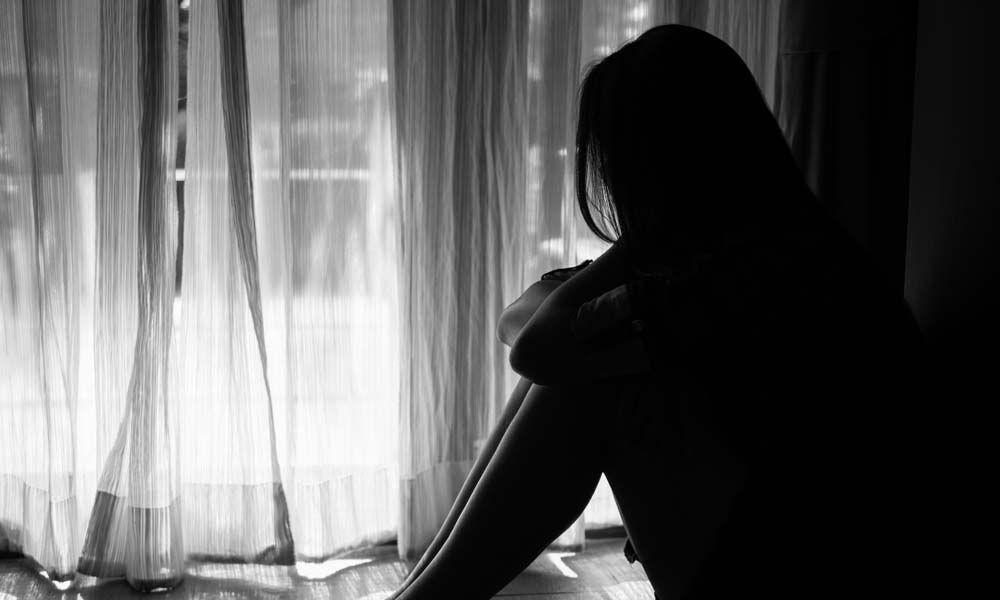
It is five o’clock in the evening in Garissa County. The sun is dipping below the horizon, and a girl is sitting outside her family’s house gazing in one direction.
A short distance from Mariam Abdi (not her real name), a group of men sit in a circle having discussions among themselves.
We are told a village ‘court’ proceeding is underway to decide what ‘justice’ to offer Ms Abdi, a rape victim.
The so-called courts, locally known as Maslaha, are common in the Northeastern region of Kenya.
In these courts, women are not allowed to join the discussions, as they are carried out between elders representing the accused side and those for the victim’s side.
Moments later, a decision is made. Ms Abdi is to be paid Sh50,000.
“We have concluded the discussions and the elders have decided to settle with Sh50,000,” an elder representing Ms Abdi says confidently.
Ms Abdi breaks into tears, as her mother tries to comfort her that all will be well.
Sadly, once the decision is agreed upon among the male parties, neither the victim nor the parents get any money.
The money is distributed among clan elders.
“No, the women get nothing from those village court decisions. They are informed of what has been agreed upon and are expected to move on with their lives,” explained Fatuma Hakar, a women’s rights advocate.
Activists have tried several times to raise the issue but nothing has been done, Ms Hakar said.
“If a case comes to our attention, we go all the way to the court seeking justice but the culprits end up being released on cash bail and later cases are withdrawn only to be solved at the Maslaha level,” she said.
The village courts, she said, are a big threat to efforts to get women the justice they deserve, adding that rape, defilement and child marriages are some of the cases taken to village elders.
A village elder who has participated in Maslaha cases for more than five years told the Nation on the condition of anonymity that most male members of the victim’s family choose village courts to avoid humiliation.
“We received a case the other day of a girl who claimed to have been raped. But when she was taken to the hospital, test results showed she was not raped,” he said.
“She was demanding that the man marry her. But those representing her brought the issue to us for a solution, saying they do not want any embarrassment, and the case should not be taken to the courts.”
Last year, women leaders in Wajir cautioned elders against using the Maslaha system to resolve rape and defilement cases.
The women argued that the decisions made in these courts contribute to the rise in such cases, because the perpetrators know that nothing much will happen to them.
The leaders were reacting to an incident where an assistant chief, Kalmoi Ahmed, was accused of defiling a Form Three student in Wagberi.
Mr Ahmed’s case was transferred to a Garissa court after it caused chaos in Wajir.
He was charged with three counts including intentionally and unlawfully touching the girl and distributing obscene intimate images that he allegedly recorded to blackmail her into committing the act several times.
He was later released on Sh10,000 cash bail.
In 2018, a 15-year-old girl had to undergo surgery after being gang-raped in Wajir for three consecutive days.
But efforts by village elders to resolve the case quietly through Maslaha failed amid calls for the issue to be prosecuted quickly.
Interior Cabinet Secretary Fred Matiang’i has warned chiefs and elders against using the Maslaha system to solving rape cases.
But Ms Abdi said the Maslaha system is still widely used in the Somali community, giving priority to compensating the victim’s clan instead of punishing the perpetrator.

